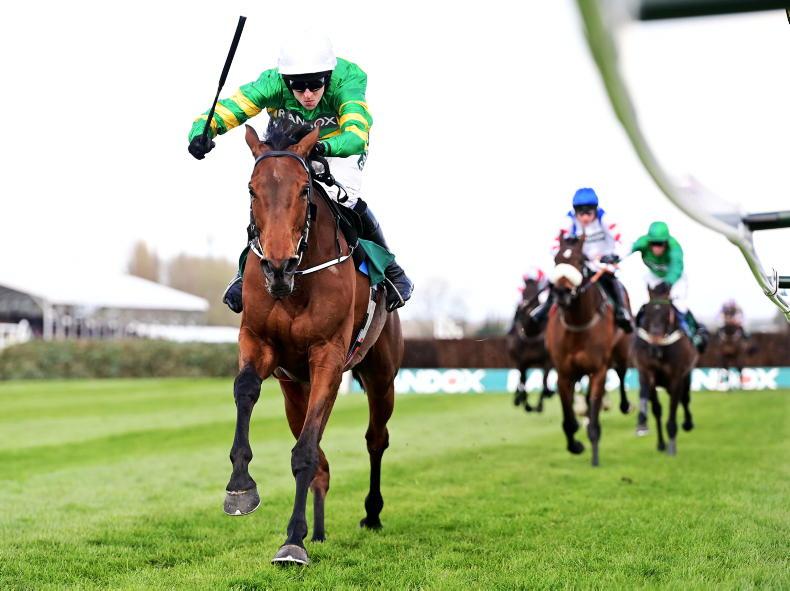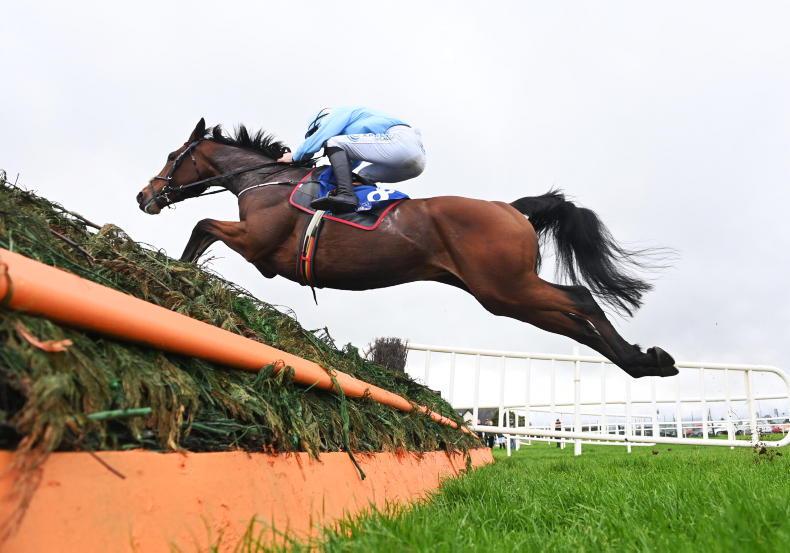BRITISH racing’s handicappers have been advised to come up with a system whereby Irish trainers are notified of the handicap marks their horses have been allotted as soon as they make an entry for an early-closing race, such as the Cheltenham Festival handicaps.
The advice comes from the British Horseracing Authority’s own handicapper ombudsman David Cleary who yesterday ruled that the Emmet Mullins-trained So Scottish should be dropped a pound by the BHA following an appeal by connections.
So Scottish is the clear 7/2 favourite for the Plate Handicap Chase at Cheltenham next Thursday but the appeal decision comes too late to have the weights changed for the Cheltenham race.
Cleary said: “This case raised several issues in relation to the way in which Irish-trained horses are dealt with by the handicappers, putting their connections at a disadvantage when it comes to knowing what their mark will be and their ability to appeal it.
“Although the handicappers assess Irish races as part of their duties, they do not publish marks for horses until they are entered in Britain. Nor do they update as a matter of course marks for Irishtrained horses to have run here, even if they have run most recently in Britain, as is the case with So Scottish.
“The first opportunity So Scottish’s connections had to appeal was after the weights for the Plate at Cheltenham were published. As a result, any appeal would be academic with regard to that race, as it would not be possible to change the mark.
“So Scottish would have had an active mark had he been trained in Britain, one which his connections could have appealed before the Cheltenham weights were published.
“While Irish trainers have options such as entering in other British races prior to Cheltenham or contacting the handicapping team for an indication of what their horse’s mark might be, that places the onus (and in the case of entering, expense) on connections and may not give them anything solid to appeal about in the latter case.
“In the interests of fairness, it would be useful to have in place a means of indicating to connections of overseas-trained horses in premier handicaps as soon as practically possible what their current mark is at the time of entry.
“It is appreciated that having that process in place may involve more work for the handicapping team, and there may be another way to achieve the same end.”
So Scottish ran off a BHA mark of 135 when he finished second in an Ascot handicap chase in November. He was raised to 140 after that race and subsequently raised a further 3lb when Boothill, the Ascot race winner, franked the form. Cleary found that the formula used by the handicapper to justify the 3lb collateral form increase was inconsistent with the methodology used by another member of the handicapping team who originally assessed the Ascot race.
Unraced since Ascot, So Scottish has since been purchased by owner J.P. McManus.




 This is a subscriber-only article
This is a subscriber-only article
 It looks like you're browsing in private mode
It looks like you're browsing in private mode









SHARING OPTIONS: